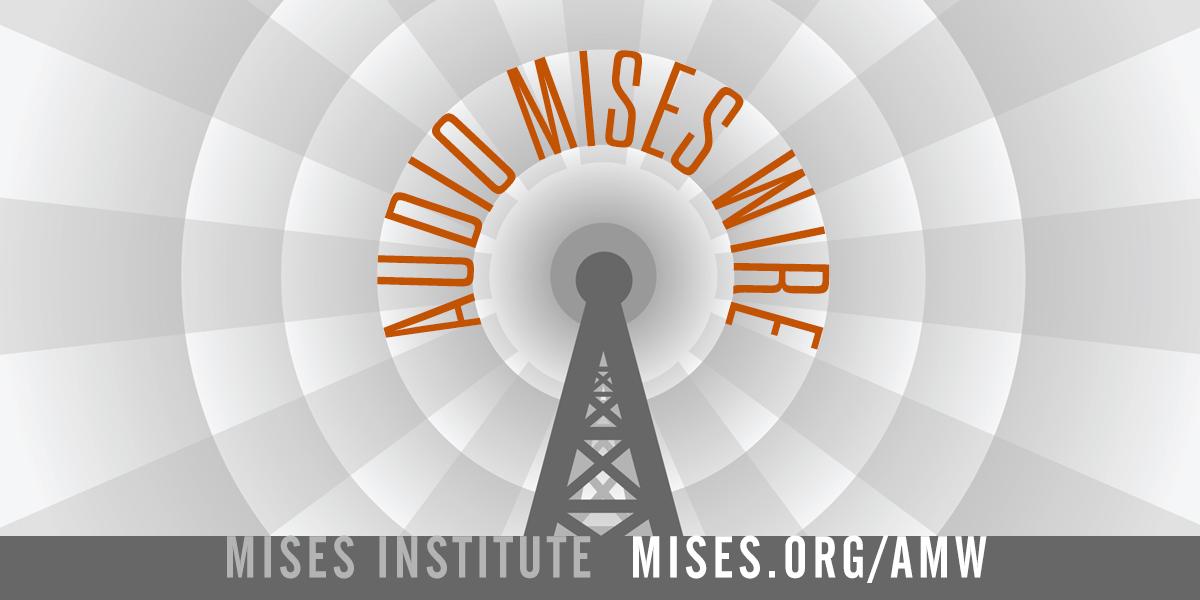Government Land Management and the Incidence of Wildfires
The Mises Institute stands as a staunch advocate for the principles of the Austrian School of economics, a distinct heterodox school of thought that emphasizes individual action, free markets, and the limitations of government intervention. Named after Ludwig von Mises, a prominent 20th-century economist, the institute dedicates itself to promoting his ideas, along with those of his student Murray N. Rothbard, through research, publications, and educational programs. The institute firmly believes that the Austrian approach provides essential insights into economic phenomena and offers a robust framework for understanding the dynamics of a free and prosperous society. They champion individual freedom, honest historical analysis, and international peace, all viewed through the lens of Austrian economics. Central to the Institute’s mission is the dissemination of these ideas not merely to academics, but also to the broader public, fostering a deeper understanding of the economic and social benefits of free markets.
At the core of the Mises Institute’s philosophy lies a deep commitment to the principles of individual liberty. They believe that individuals are best equipped to make their own economic and social choices, free from undue government interference. This principle is grounded in the belief that individuals possess unique knowledge and incentives that enable them to pursue their goals effectively in the marketplace. They argue that government intervention, beyond the essential role of protecting individual rights and enforcing contracts, often leads to unintended consequences, distorts market signals, and hinders economic growth. Furthermore, the institute contends that individual freedom extends beyond the economic realm, encompassing the freedom of thought, speech, and association, all of which are considered crucial for a vibrant and flourishing society.
The institute emphasizes the importance of honest history, particularly as it pertains to economic and political thought. They advocate for a rigorous and objective examination of historical events, free from ideological bias. This commitment stems from the conviction that a clear understanding of the past, including the successes and failures of different economic and political systems, is essential for informing sound policy decisions in the present. They argue that historical analysis often suffers from distortions, either intentional or unintentional, that can lead to flawed conclusions and misinformed policy choices. The institute therefore promotes research and scholarship that strives to present a balanced and accurate account of historical events, particularly those related to the development of economic and political thought.
International peace, another key tenet of the Mises Institute, is seen as a natural consequence of free markets and individual liberty. They argue that free trade and open borders foster cooperation and understanding between nations, reducing the potential for conflict. Furthermore, they contend that governments often play a central role in instigating and perpetuating international tensions, often driven by protectionist policies, nationalistic agendas, or the pursuit of power. By promoting free markets and limiting the scope of government intervention, they believe that the likelihood of conflict can be significantly reduced. The institute advocates for peaceful resolution of international disputes and emphasizes the benefits of international cooperation based on mutual respect and free exchange.
The Mises Institute embraces a decidedly non-partisan and non-political stance, focusing instead on the enduring principles of Austrian economics and individual liberty. They believe that these principles transcend the transient nature of political ideologies and offer a timeless framework for understanding and addressing societal challenges. They resist the temptation to align themselves with any specific political party or movement, recognizing that such affiliations can compromise their commitment to intellectual integrity and independent thought. This non-partisan approach allows the institute to engage with a wide range of individuals and organizations across the political spectrum, promoting open dialogue and fostering a deeper understanding of the principles they espouse.
While respectful of alternative perspectives, the Mises Institute remains steadfast in its commitment to the core principles of Austrian economics and individual liberty. They believe that these principles are essential for promoting a free and prosperous society and are unwilling to compromise them for the sake of political expediency or social conformity. They actively challenge prevailing intellectual trends that favor government intervention and central planning, viewing such approaches as fundamentally flawed and detrimental to individual liberty and economic prosperity. Their commitment to these principles is unwavering, and they actively encourage critical examination and open debate, confident that the merits of their ideas will ultimately prevail.
Share this content:












Post Comment